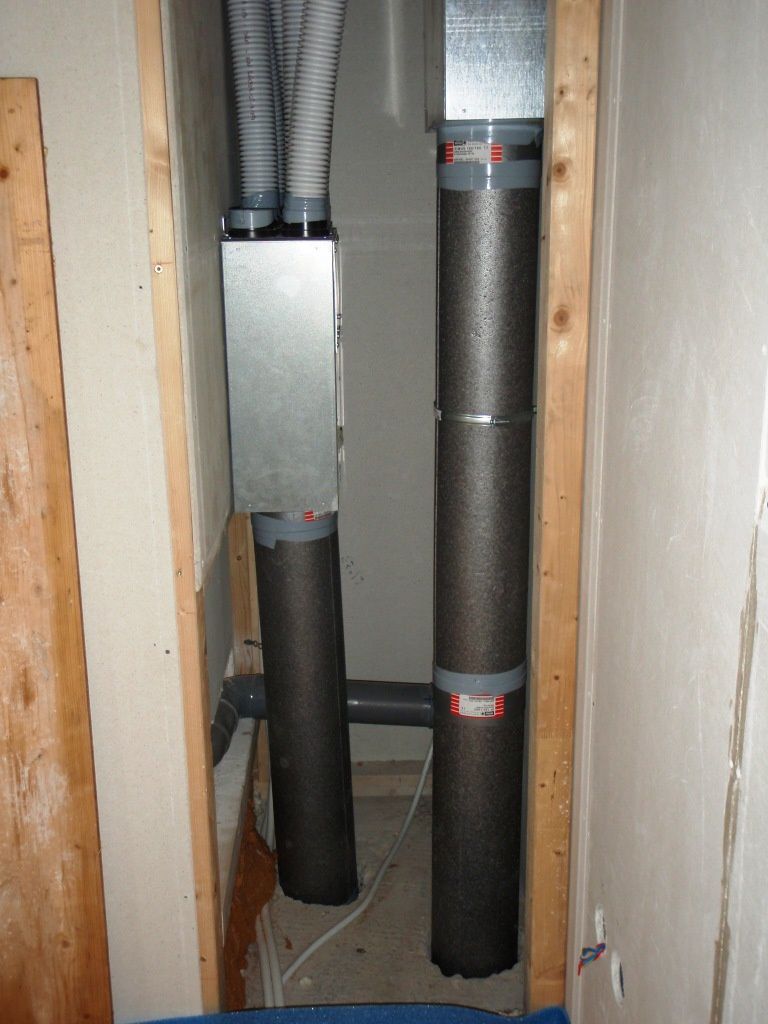

Light, noise and crowds vary widely between animal exhibits. Visitation varies depending on holidays, school vacations, weather and other factors. Labor Day through Easter (excluding Thanksgiving through New Year’s) is typically a less busy, quieter time of the year to visit the Zoo. For additional information related to visiting during special events, please see the events page. The Zoo asks guests to follow safe hygiene guidelines when choosing to interact with tactile elements. Tactile elements are provided for all visitors throughout the Zoo, however access to some elements may be restricted. Sensory friendly kits are not available at this time. See the Exhibits page for a list of open exhibits. Please note that social narratives may not reflect which exhibit buildings and areas of the Zoo are currently open.
#ZOSIO SHUTTIE DOWNLOAD#
View and download the Zoo's social narratives. In addition to showcasing animals in the collection, these guides also provide information on quiet areas, educational demonstrations, hands-on activities and artistic works. The social narratives highlight what visitors may encounter while touring the Zoo. Social narratives are resource guides for individuals with cognitive disabilities and are useful as pre-visit guides to animal areas within the park. Sensory Friendly Tools and Information Social Narratives To continue beyond the allotted time, visitors can call for a new agent. For 30-minute intervals, an agent can assist with wayfinding to the nearest dining area, shop or restroom, describing the exhibits with details about size, number of animals, signage and more.
#ZOSIO SHUTTIE FREE#
Visitors can download the free Aira app on a smartphone and use the app to speak to an Aira agent using minutes provided courtesy of the Zoo. The Zoo is a location for the Aira Access mobile information and verbal description service. Please email weeks in advance to request these services. Access ServicesĪccess services, including sign language interpretation, CART and audio description, are available upon request. Public programming and theater programming are temporarily suspended. All restrooms at the Zoo have automatic flushing mechanisms.Ĭurrently, every other stall and sink are available in each restroom to facilitate social distancing. The Visitor Center's restrooms and water fountains are accessible via a wheelchair lift.įamily restrooms are located in the Visitor Center, Elephant Outpost and Conservation Pavilion. All restrooms throughout the Zoo are accessible. Restrooms are located at the Visitor Center, Panda Plaza, Elephant Outpost and Conservation Pavilion. Guest shuttles are not operating at this time. Zoo staff follow strict cleaning and disinfecting protocols between each rental use. Please note: Strollers are available to rent on a first-come, first-served basis. Single Stroller: $9 for members, $12 for non-members Double Stroller: $12 for members, $15 for non-members Strollers are available for guests to rent at the Visitor Center. Guests must be at least 18 years old to operate an electronic vehicle. is required to rent and operate an electronic convenience vehicle.

#ZOSIO SHUTTIE LICENSE#
Please note: A state-issued driver's license or photo I.D.
#ZOSIO SHUTTIE MANUAL#
Manual Wheelchair: Free Electronic Convenience Vehicle: $30 for members, $40 for non-members

Wheelchairs and electronic vehicles are available on a first-come, first-served basis from the retail kiosks located outside the Visitor Center. Free Wheelchair and Electronic Vehicle Rental Please check the Zoo Map to see updated information regarding Zoo entrances, pedestrian pathways and building closures. Parking and Entrancesĭesignated accessible parking spaces are located in Parking Lots A, B and D on a first-come, first-served basis with your paid parking pass. In the Visitor Center lobby, a lift gives wheelchair users access to restrooms and water fountains. However, please be aware that the Zoo is located on hilly terrain in Rock Creek Park. Getting To and Around the ZooĪll Zoo exhibits are wheelchair accessible. Under the Americans with Disabilities Act, a service animal is defined as a dog that has been individually trained to do work or perform tasks for an individual with a disability. If you need any assistance, please ask at any Information Station or parking booth. The Smithsonian's National Zoo and Conservation Biology Institute is committed to providing inclusive experiences for all audiences.


 0 kommentar(er)
0 kommentar(er)
